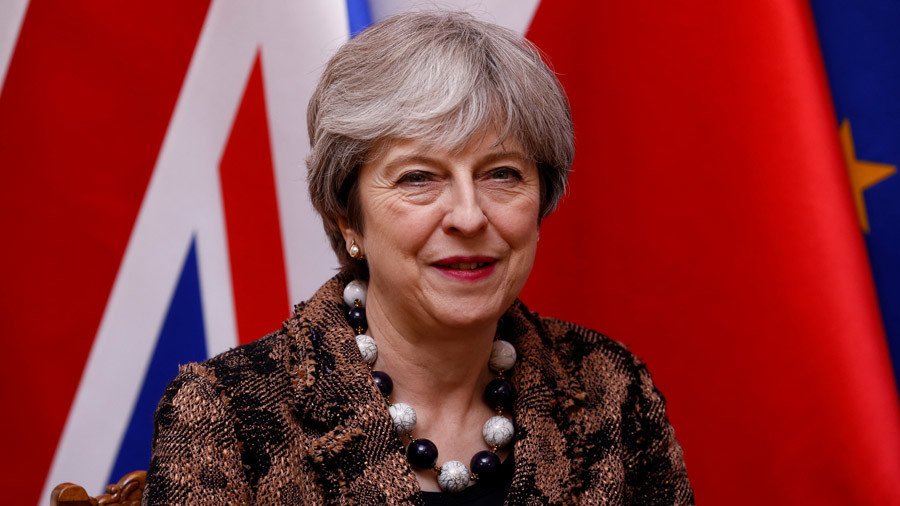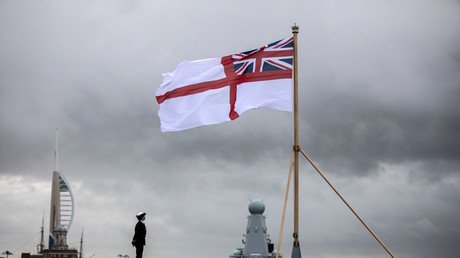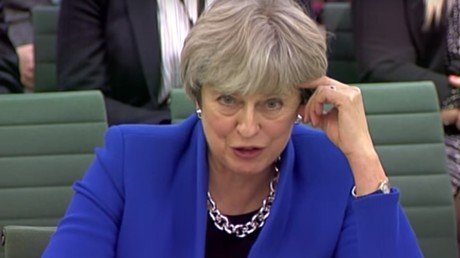Theresa May accuses Russia of ‘weaponizing information’ during Poland visit

Britain and Poland joined forces to renew accusations that Russia is attempting to “weaponize information.” UK Prime Minister Theresa May is in Warsaw to announce plans for greater defense and security cooperation.
May, who was accompanied by other senior cabinet ministers, said Britain will spend £5 million ($6.68 million) on a joint UK-Polish plan to counter “disinformation.” Part of the money will go to Polish state-funded TV channel Belsat, which broadcasts in Belarus.
“We have agreed today to bolster our cooperation to counter Russian disinformation in the region... we are both deeply concerned by Russia’s attempts to weaponize information,” May told reporters. “The Kremlin is seeking to undermine the international rules-based system and it will not succeed.”
May’s visit comes as part of a diplomatic charm offensive, as Britain enters the trade negotiation phase of Brexit. She has sought to allay fears among Britain’s substantial Polish migrant community that their rights will be protected when the UK leaves the bloc.
Described as a “powerful symbol” of cooperation, the new defense treaty signed by May and newly installed Polish Prime Minister Mateusz Morawiecki on Thursday provides a framework for training, information sharing, defense procurement, and joint exercises between the NATO partners.
“Our partnership is broad, vibrant and diverse and we both share a steadfast commitment to Europe’s security and defense,” May said. “I am determined that Brexit will not weaken our relationship with Poland. Rather, it will serve as a catalyst to strengthen it.”
Although May has Russia in the crosshairs, she had been urged to raise concerns with Morawiecki about Poland’s slide toward authoritarianism, after the Polish government’s recent attempts to stuff courts with political appointees, including tribunals that will decide the validity of election results.
However, May failed to challenge her counterpart on the subject, instead stressing: “These constitutional issues are normally, should be primarily, a matter for the individual country concerned.”
The British government is convinced that Russia interfered in the 2016 Brexit referendum, but has failed to produce any evidence to back up the claim. Both Twitter and Facebook have shown Russia-linked groups, including RT, played an insignificant role in the referendum outcome. In the case of Facebook, it was revealed that Russia-based agencies paid just 73p ($0.91) for ad content during the referendum period.
Experts at the University of Oxford echoed their conclusions. Vidya Narayanan, a researcher at the Oxford Internet Institute computational propaganda project, told a parliamentary committee this week there was no “significant Russian activity” during the referendum.















